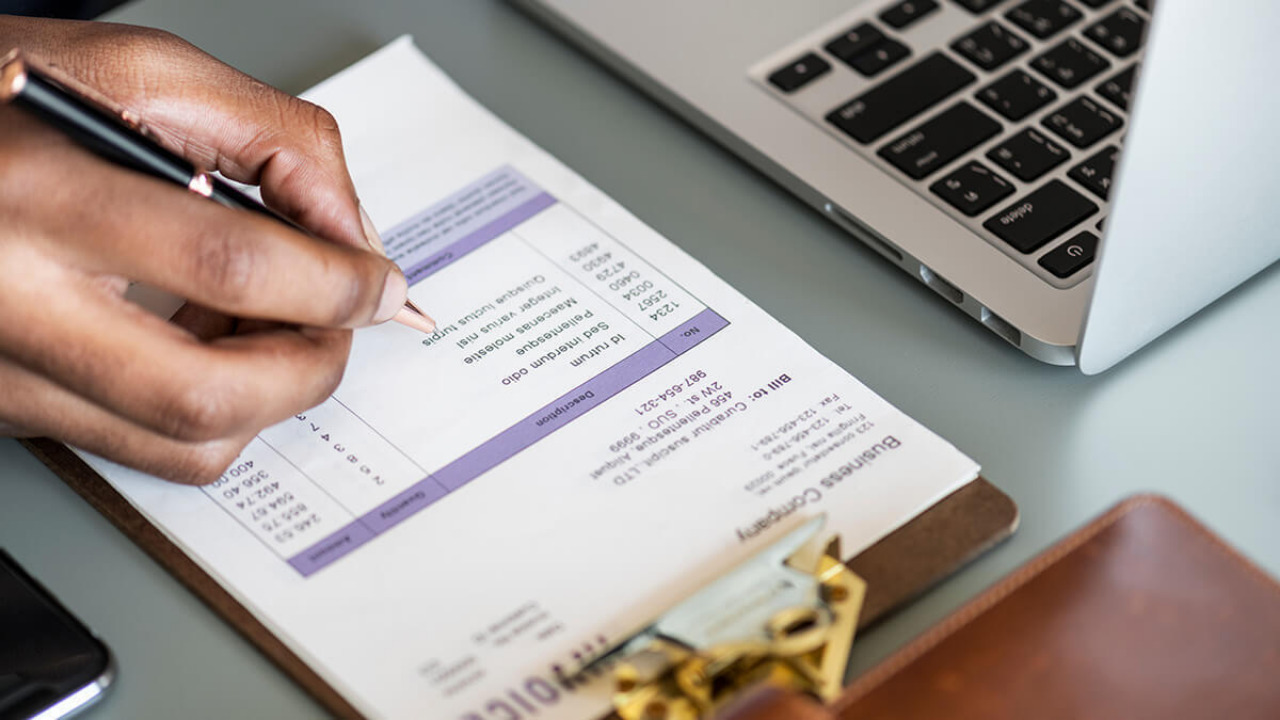Being a freelancer or self-employed individual comes with its own set of challenges, and managing your finances effectively is crucial for long-term success. Unlike traditional employees, freelancers are responsible for their own taxes, savings, and financial planning. To help you navigate this landscape, here are some essential financial tips for freelancers and self-employed individuals.
Establish a Budget

One of the first steps to managing your finances as a freelancer is creating a comprehensive budget. Start by analyzing your monthly income and expenses. Categorize your expenses into fixed costs (rent, utilities, insurance) and variable costs (food, transportation, entertainment). Be sure to allocate funds for taxes, retirement savings, and an emergency fund. By having a clear understanding of your cash flow, you can make informed decisions about your spending habits. You can also help people make informed decisions by creating paycheck stubs and w2 forms. Try to create a w2 form here.
Separate Personal and Business Finances
It is vital to maintain a clear separation between your personal and business finances. One effective way to achieve this is by opening a dedicated bank account exclusively for your business transactions. By doing so, you not only streamline your bookkeeping processes but also eliminate the risk of intermingling your personal and professional finances. Another beneficial step is to acquire a separate credit card specifically for your business expenses. This division facilitates efficient tracking and management of your business-related expenditures.
Save for Taxes

As a freelancer or self-employed individual, you are responsible for paying both the employer and employee portions of taxes. Set aside a portion of your income for taxes on a regular basis. Consult with a tax professional to determine the appropriate percentage to save based on your income and local tax regulations. By saving for taxes throughout the year, you can avoid unpleasant surprises when tax season arrives.
Plan for Retirement
Unlike employees with access to employer-sponsored retirement plans, freelancers must proactively plan for their retirement. Explore options such as individual retirement accounts (IRAs) or Simplified Employee Pension (SEP) IRAs. These accounts offer tax advantages and allow you to save for retirement on your terms. Start early and contribute regularly to take advantage of compounding interest and ensure a secure future.
Build an Emergency Fund
Irregular income and unexpected expenses are common for freelancers. Establishing an emergency fund is crucial to handle unforeseen financial challenges. Aim to save at least three to six months’ worth of living expenses. This fund will provide a safety net during lean periods or in case of emergencies, allowing you to maintain financial stability without resorting to credit card debt or loans.
Track and Invoice Your Work

Keeping a detailed record of your work is essential for accurate invoicing and tracking income. Use accounting software or online tools specifically designed for freelancers to track your projects, hours, and expenses. This will help you generate professional invoices, monitor outstanding payments, and ensure that you are paid on time. By maintaining organized records, you can easily track your financial progress and identify potential areas for improvement.
Diversify Your Income Streams
Freelancers often face income volatility due to the cyclical nature of work or fluctuations in client demand. To mitigate this risk, consider diversifying your income streams. Explore opportunities to offer different services, expand your client base, or even create passive income sources such as e-books or online courses. Diversification not only helps stabilize your income but also opens up new avenues for growth and financial security.
Continuously Educate Yourself
The world of finance and taxation is ever-evolving, and it’s crucial for freelancers to stay informed about changes that may affect their financial situation. Keep up with industry trends, tax regulations, and financial best practices. Attend webinars, workshops, or conferences related to your field or financial management. By staying knowledgeable, you can make informed decisions, optimize your tax deductions, and maximize your financial well-being.
In conclusion, freelancers and self-employed individuals must approach their finances with careful planning and discipline. By establishing a budget, separating personal and business finances, saving for taxes and retirement, building an emergency fund, tracking and invoicing work, diversifying income streams, and continuously educating themselves, freelancers can achieve financial stability and long-term success in their independent careers. Remember, managing your finances well is not only about earning money but also about effectively preserving and growing it.
